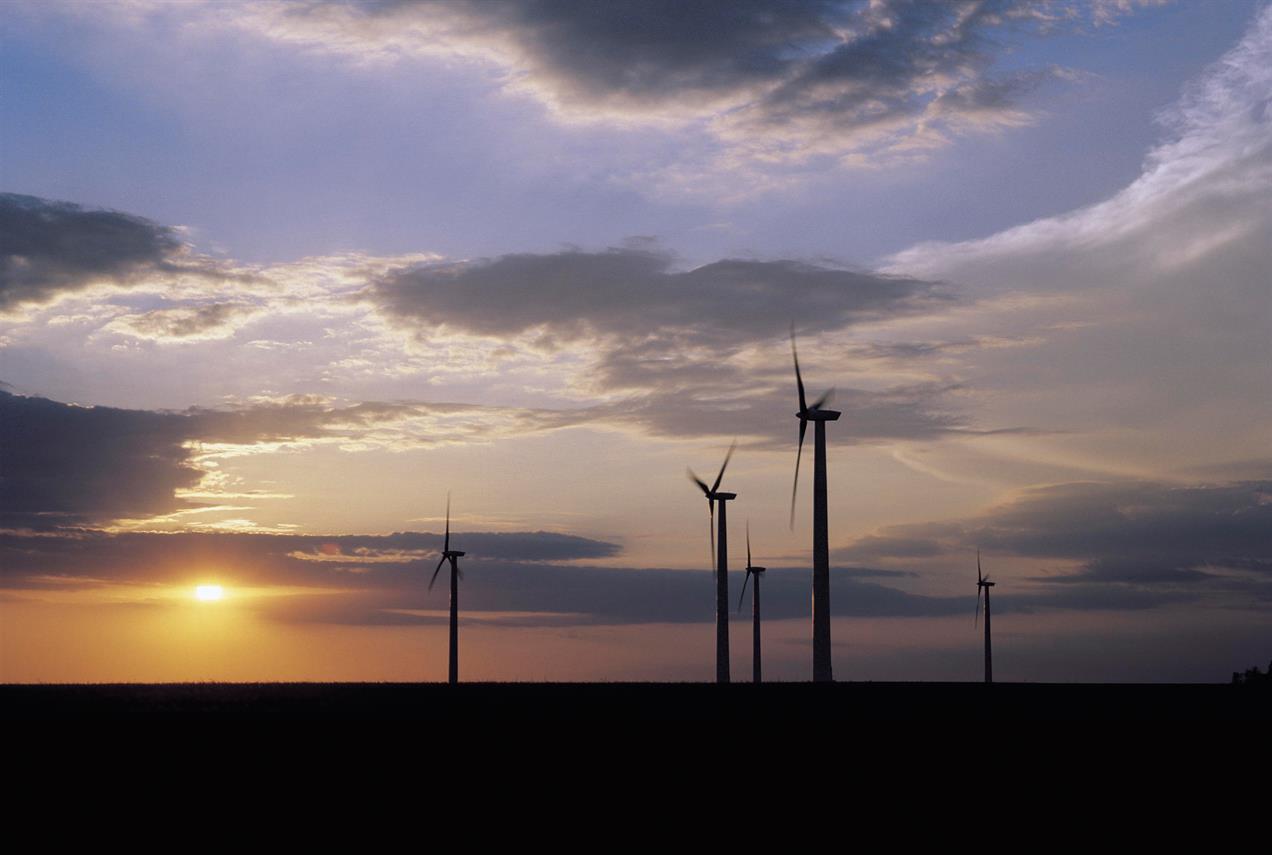GE expects its renewable energy business segment to deliver full-year financial results towards the low end of the guidance range it issued in January amid continuing uncertainty about wind support schemes in the US.
The tech giant had forecast adjusted losses of $500-700 million for the 2022 financial year.
It also expected low single-digit growth in revenue from the $15.7 billion it recorded in 2021, and an improved – though still negative – profit margin compared to last year’s negative 7.4%.
GE’s chief financial officer Carolina Dybeck Happe told reporters that the company was maintaining the guidance issued in January, but noted that the renewable energy segment is trending towards the lower end of that outlook range.
This is due to lower volumes in onshore wind in North America and cost inflation, she explained.
“The business full-year results will depend largely on North American volumes, the inflationary environment and execution of cost and price action,” she added.
Dybeck Happe said the renewables unit’s first quarters results – which included losses nearly doubling to $434 million – were “disappointing”.
According to GE, these results were largely due to reduced demand in the US onshore wind market and cost inflation of raw materials.
Support uncertainty
The American conglomerate’s CEO, Larry Culp Jr, added that “considerable uncertainty” about the US onshore wind sector’s main support scheme – the production tax credit (PTC) – was causing potential customers to think twice about making big investment decisions.
The PTC is gradually being phased out and, without new legislation in place, will disappear entirely after 2023. Culp Jr added that it was not clear when this uncertainty might be resolved.
President Joe Biden had sought to extend the PTC for ten years in his flagship infrastructure bill — the "build back better" bill — but the legislation has stalled.
“Congress can — and I believe will — take action this year,” he said. “But at this point in time, I think we know that the orders [due to come] later in the year are likely to be delayed, if not pushed into 2023. That will create some pressure for us, particularly from an order and, in turn, a cash perspective.
“While it's a short-term pause with respect to demand, it's the right thing for the business – and I would argue the industry – that we're taking some of those tough decisions.”

.png)



.png)









